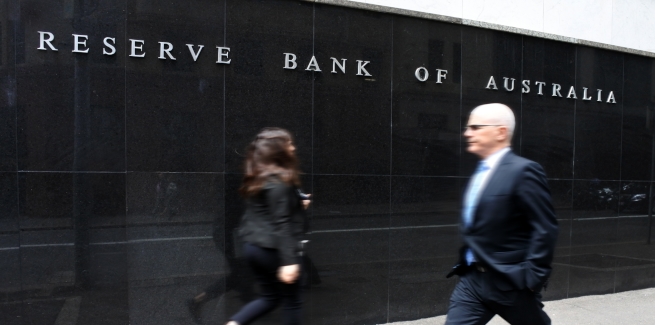The Reserve Bank of Australia’s (RBA) monetary policy board is scheduled to meet later this afternoon to discuss the central bank’s next steps in addressing the economic impact of the coronavirus (COVID-19) outbreak.
The central bank has ruled out further cuts to the cash rate, with minutes from its emergency board meeting in March revealing that the RBA has “no appetite” for negative interest rates.
The RBA said it considers the current cash rate of 0.25 per cent the “effective lower bound”.
However, analysts are expecting the central bank to continue employing alternative monetary policy measures.
Last month, the RBA effectively commenced quantitative easing (QE) by purchasing government bonds on the secondary market, and also launched a $90-billion term funding facility (TFF) to maintain the flow of credit to SMEs.
The RBA also continues to provide liquidity support to the banking sector through repurchase (repo) transactions on the overnight money market.
According to AMP chief economist Shane Oliver, the central bank is likely to consider expanding its TFF and should ramp up its QE program at this afternoon’s meeting.
“[The] RBA could indicate a willingness to expand its low-cost funding facility for banks and should consider expanding its bond-buying program to the corporate debt market,” he said.
However, RBA governor Philip Lowe has previously stated that the central bank would only consider purchasing government bonds in the event that it commenced QE, flagging risks associated with alternative purchases.
In November, Mr Lowe told attendees at the Australian Business Economists Dinner: “An important advantage in buying government bonds over other assets is that the risk-free interest rate affects all asset prices and interest rates in the economy.
“So, it gets into all the corners of the financial system, unlike interventions in just one specific private asset market.
This comes as the outlook for the Australian economy darkens, despite fiscal support worth a total of $320 billion from government authorities and the RBA.
Despite such efforts, the unemployment rate is still expected to hit at least 10 per cent, which ratings agencies anticipate would trigger a “significant deterioration” in credit quality.
The housing market is also set to take a hit, with analysts forecasting a sharp decline in sales activity and property price falls of up to 20 per cent.
[Related: Negative interest rates out of the question: RBA]
 ;
;
